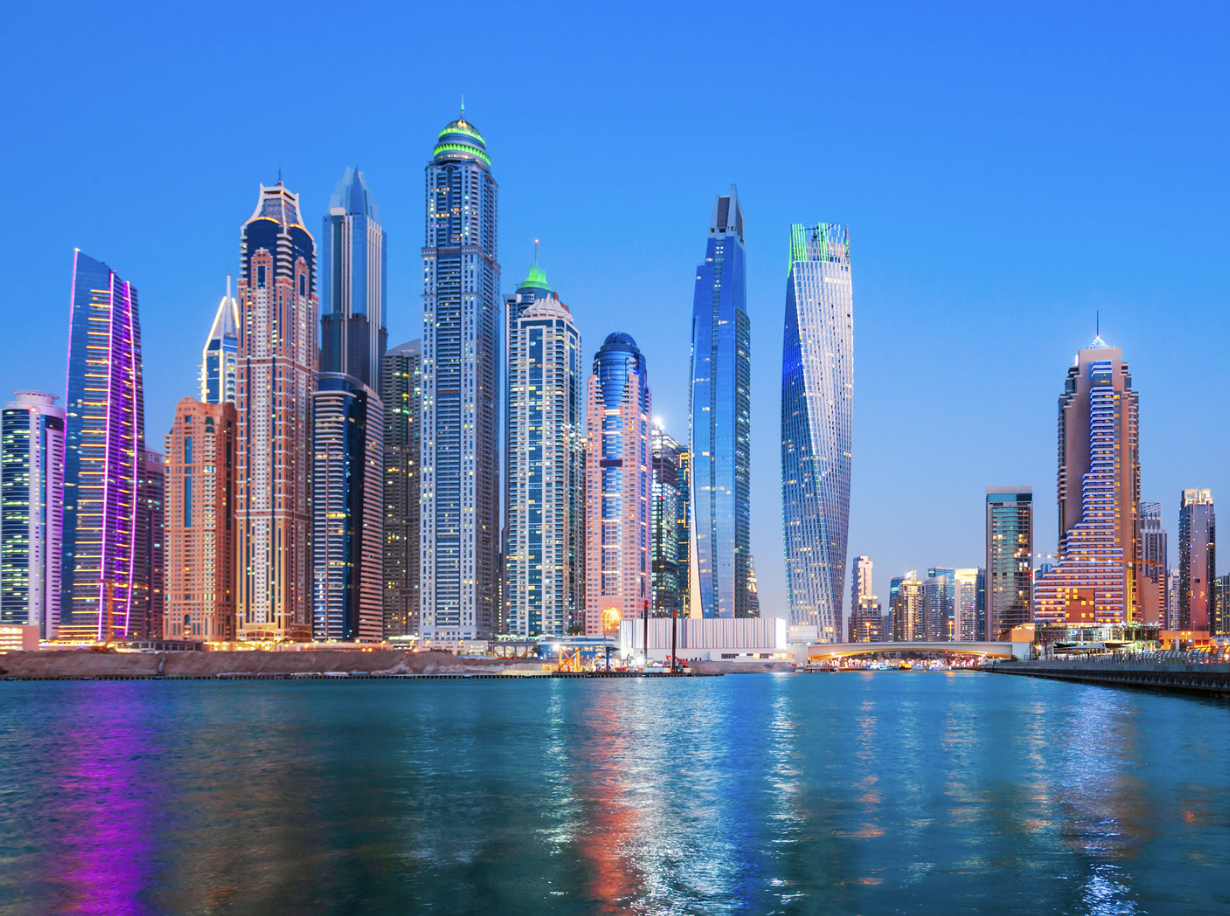Dubai and Abu Dhabi have emerged as the most favored destinations for executive nomads, offering a blend of connectivity, quality of life, and amenities ideal for corporate professionals who frequently relocate. According to the latest Executive Nomad Index by the British real estate services company Savills, Dubai retained its top position while Abu Dhabi climbed from fourth to second place this year.
Key Factors for Ranking
The Executive Nomad Index assesses cities based on several criteria critical for executive nomads, including internet speed, quality of life, climate, air connectivity, and prime rents. Dubai excelled in internet speed, quality of life, and air connectivity. It is home to Dubai International Airport, the world’s busiest for international passenger traffic, and Al Maktoum International Airport, which is set to become the world’s largest upon completion. These factors make Dubai highly accessible and convenient for business travelers and expatriates.
Abu Dhabi also scored high on internet speed and quality of life, boosting its rank to second place this year. Both cities, however, did not perform as well in the climate and prime rents categories, yet still managed to lead the list of 25 cities evaluated by Savills.
The Appeal of Executive Nomadism
Executive nomads, as defined by Harvard Business Review, are corporate professionals who maintain full-time employment while engaging part-time in geographically dispersed projects within their company’s network. This lifestyle has gained traction as companies adopt more flexible remote work policies, accelerated by the COVID-19 pandemic and advancements in digital connectivity and co-working spaces.
Executive nomads often seek cities that offer comprehensive benefits, including high-quality infrastructure, regulatory support, and economic stability, making Dubai and Abu Dhabi ideal locations. These professionals are also more likely to bring their families along, prioritizing cities that offer robust services and amenities, including international schools, healthcare, and leisure activities.
UAE’s Strategy to Attract Remote Professionals
The UAE, with its long-standing reputation as a hub for expatriates, has strategically positioned itself to attract executive nomads. The introduction of a one-year residency permit for remote workers in 2021 has been a significant initiative to lure international talent. This visa allows foreign remote professionals to live in the Emirates while continuing to work for their employers in other countries, effectively enhancing the UAE’s appeal as a global work destination.
Moreover, the executive nomads’ focus on residential rental markets has been reflected in local trends. In Dubai, more tenants are renewing their leases despite rising rents, according to property consultancy Cushman and Wakefield Core. Abu Dhabi has also taken steps to enhance its residential appeal by introducing its first residential rental index, which provides indicative rental values for tenants and landlords across the capital’s areas.
Global Competitors
Following Dubai and Abu Dhabi in the top ten of the Executive Nomad Index are Malaga, Miami, Lisbon, Barcelona, Palma (Spain), Barbados, Algarve (Portugal), and Saint Lucia. These cities offer a mix of favorable climates, lifestyle amenities, and connectivity, catering to the needs of mobile professionals who balance work with personal well-being and family considerations.
Dubai and Abu Dhabi’s leadership in the Executive Nomad Index highlights their successful efforts to attract a new class of global professionals who value flexibility, connectivity, and quality of life. Through strategic initiatives like residency permits for remote workers and enhancements to living standards, the UAE continues to solidify its position as a premier destination for the global workforce, catering not only to digital nomads but also to the growing segment of executive nomads.
Is Dubai Facing An Oversupply In Real Estate? A Deep Dive Into The Dubai Property Market





